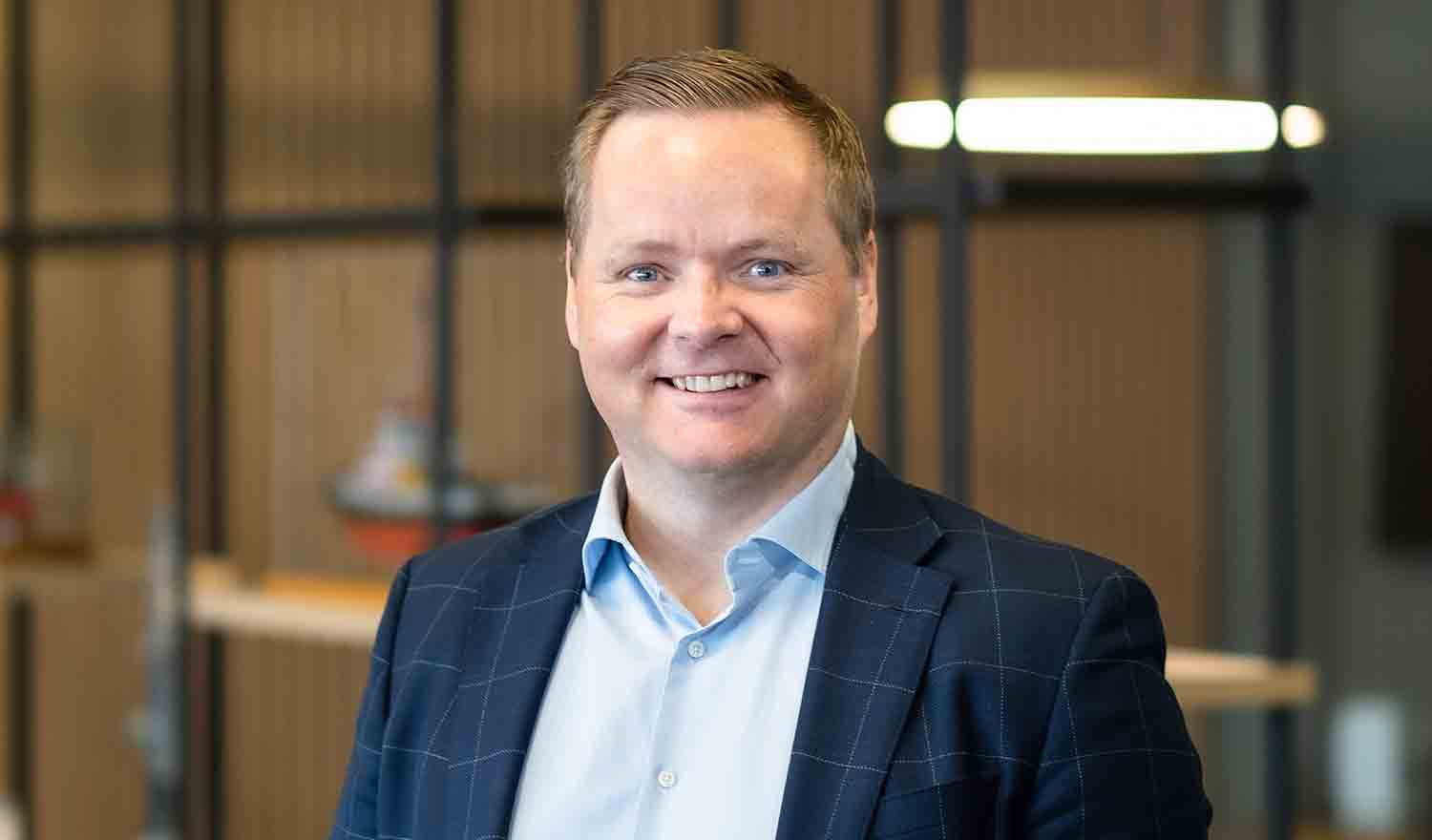
Jan 2021 Interview with Vilhelm Már þorsteinsson, CEO of Eimskip, Iceland
Prisma Reports (PR): Please give our readers a brief introduction to Eimskip and a quick overview of your own major milestones and achievements in recent years?
Vilhelm Már þorsteinsson (VT): Eimskip was founded by close to 25% of the population during very challenging times in Iceland in the early 20th century. The company has been an integral part of Iceland, the Icelandic business community, the development of the country and households for many decades. Today, we are one of the largest companies in Iceland and also a growing international firm.
After the collapse of the banking sector in Iceland, Eimskip was relisted again on the stock market in 2012 and went on a journey of both organic development and growth, as well as external growth. Between 2012 and 2017, there were numerous acquisitions in the international market, primarily in so-called asset light businesses on the freight forwarding side.
In early 2019, I joined Eimskip and since then the journey has been to leverage the platform of that growth. We have been removing many operational complications, both on the cost side and revenue side, in order to improve margins and profitability.
That has been the journey now for close to two years – to leverage the Eimskip platform. We have reduced the number of employees, offices (through consolidation) and vessels in our fleet; container vessels, as well as reefer vessels in Norway. So, the focus has been on eliminating revenue and cost synergies; and preserving profitability.
In October, we introduced a new sailing system – to replace one implemented in spring during the early stages of COVID-19 – that better meets customers’ needs and with new larger and more powerful vessels, the service is more reliable and also more environmentally friendly.
PR: Eimskip competes in the shipping and logistics industries, both in Iceland and abroad. What do you see as your competitive advantages and how do you stay ahead of the competition?
VT: We are in an environment where there is strong competition, both to and from Iceland, and to and from the Faroe Islands. These are definitely our core home markets, especially in the traditional container liner and transportation markets. The competition has increased if anything, with additional players sailing to and from both those countries.
We are a very strong niche player in the North Atlantic and the only true carrier connecting Europe through Iceland to the northern part of the U.S. and Canada. We have seen our transatlantic volume grow quite significantly in recent years. We service the U.S. and Canada on a weekly basis, which we could not do with volume from only Iceland and the Faroes. That’s because of the transatlantic volume connecting the two continents.
Because of our origins and then our later acquisition of Faroe Ship in the Faroes – dating back decades and centuries, we have real expertize in the transportation of fish and reefer cargo. That has developed into Eimskip being very strong in the reefer forwarding part. We have a deep understanding of everything that is either cooled or frozen in terms of transportation. That has helped us as an international player on the forwarding side. We have seen that despite COVID-19, that part has grown for us this year, despite the challenging environment.
Many of our international offices have actually done quite well in 2020. When the outlook was the bleakest, I doubt we’d have guessed we would grow our forwarding business so soon. But we have and that has a lot to do with our expertize on the reefer and chilled side.
PR: Through expansion, Eimskip now owns storage facilities and warehouses in over 15 countries. Where does that strategy stand today and what promising markets do you hope to capture?
VT: Internationally, we are well known for our freight forwarding and being especially focused on the reefer forwarding. If we look a few years down the road, both of those aspects will continue to develop.
We can either increase the capacity on our vessels, or reduce it to match market conditions. We have started the renewal of our fleet and that is important for us and important for our customers as well, as it allows us to offer solutions that have less of a carbon footprint.
On the international freight forwarding side, we will look into whether there are some products or small companies we can add to our platform. We recently formally started the vessels sharing agreement with the Greenlandic carrier, Royal Arctic Line. We’re very excited about that cooperation and want to increase trade to and from Greenland, which is why we recently opened an office in Greenland.
PR: The global spread of COVID-19 had a particular impact on businesses and governments worldwide. How did you navigate the crisis, what were the biggest challenges, and what best practices were learned?
VT: When it first spread we had some insight as we have five offices and more than 100 people in China, so we were prepared a little. Having said that, when it fully hit Europe in March and subsequent weeks, there was much uncertainty.
Within just a few days we changed the management board to a crisis team. Instead of weekly management board meetings, we met twice a day. We talked through everything happening, everything we were learning, what was happening in different markets to our employees and customers. We examined closely the flow of products in case of restrictions.
PR: Do you have any final comments for the readers of Foreign Policy magazine?
VT: The journey and our transformation is something people should look to, both in terms of an investment opportunity, but also as a partner for logistics services.
We are very committed to the markets where we operate and are a good partner.

Sorry, the comment form is closed at this time.